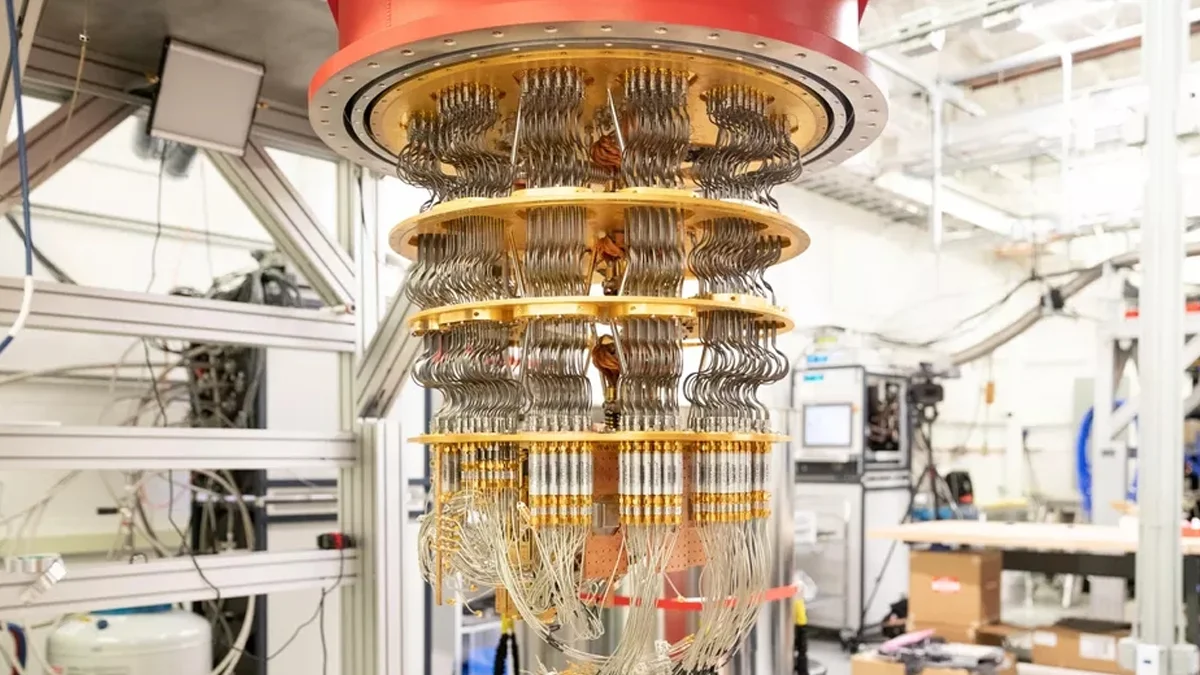Necessary Always Active
Necessary cookies are required to enable the basic features of this site, such as providing secure log-in or adjusting your consent preferences. These cookies do not store any personally identifiable data.
|
||||||
|
||||||
|
||||||
|

The QpiAI-India launched its first major quantum technology advancement with the launch of its 25-qubit superconducting quantum computer. India joined a select group of countries whose ability to manufacture and operate strong quantum machines now improves their position in advanced computing research.
According to Entrepreneur India, QpiAI is one of the eight selected startups under India’s National Quantum Mission led by the Department of Science and Technology.
The recently launched QpiAI 25-qubit quantum computer is a milestone not only for the firm, but also for India’s emerging tech landscape. Developed on the basis of superconducting technology, this quantum computer can solve extremely complicated problems much more quickly than traditional systems. The success of this launch indicates how Indian startups and research groups are closing the gap with world leaders in quantum computing.
This growth also aligns well with the objectives of India’s National Quantum Mission, which aims to make India a quantum science and technology leader in the world by the end of the current decade.
Modern computers apply quantum mechanics principles through quantum bits called qubits to surpass regular bits. By cooling circuits to an absolute zero point QpiAI operates its superconducting qubit technology. Under special conditions they perform tasks that would need standard computers for numerous years.
The technology demonstrates practical uses for drug research along with weather forecasting and encryption and financial risk assessment models that require significant computational processing power.
With the QpiAI-India launch, the nation has strengthened India’s position in the global quantum race. QpiAI has not only developed quantum hardware but also the accompanying software stack. Their full-stack strategy bridges the gap between research and practical implementation.
This makes QpiAI one of the limited number of global companies developing comprehensive quantum computing systems internally. This innovation can assist India in challenging tech giants of the US, Europe, and China in this new field.
The National Quantum Mission India has been a strong supporter of such innovations. With government support, India has already committed over ₹6,000 crore to quantum research, development, and workforce training. The mission aims to develop quantum computers with 50–100 qubits in the next few years, and QpiAI’s success brings that goal closer to reality.
The success of the superconducting qubit opens doors for more accomplishments. QpiAI intends to extend its quantum computing platform accessibility to academic and research institutions together with startup companies. A platform deployment from QpiAI would open innovation possibilities throughout healthcare as well as defense and climate science fields alongside other sectors.
The QpiAI-India launch represents a shining event for Indian technological progress. India positions itself as an influential market leader in the upcoming wave of technical progress through its increased investment of talent and resources in quantum computing.